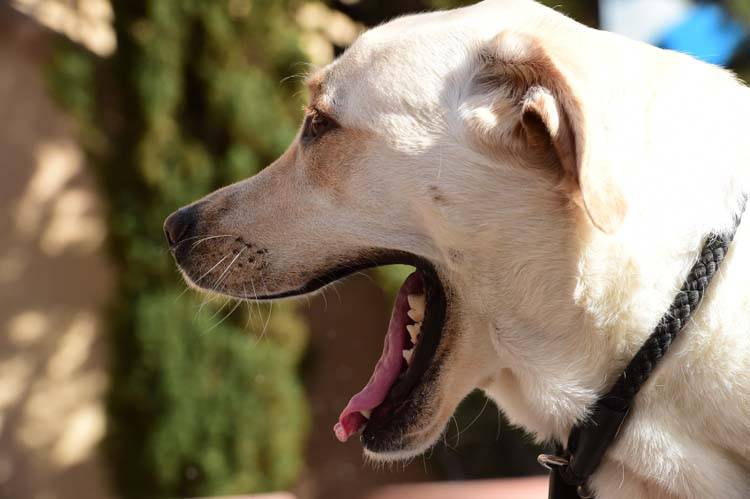Kennel Cough
What is kennel cough?
Kennel cough, or tracheobronchitis, is an infectious condition, in which the upper airways of the respiratory tract become inflamed. It may be caused by a multitude of viruses including canine parainfluenza, canine distemper, canine adenovirus 2 and the bacteria bordetella bronchiseptica.
Kennel cough is characterized by a hacking dry cough, which could be easily elicited by palpating, or gently rubbing, the dog’s trachea. More severe signs of kennel cough include fever, yellow or green discharge from the nose, and decreased appetite.
How is kennel cough spread?
Commonly, dogs who find themselves in an environment with many dogs, such as boarding facilities, dog parks, grooming salons, training classes or even waiting rooms of veterinary hospitals, can come in contact with the infectious agent, as it is usually airborne and thrives in warm, poorly ventilated environments.
Stress from boarding with unfamiliar dogs can also lower the dog’s natural immune defenses, leaving him a bit more susceptible to infection. The incubation period, which is the time from when the animal was exposed until the time symptoms start showing, may be as short as two days or as long as two weeks.
RELATED: Prepare Your Pet for Flea Season
How can you tell if your dog has kennel cough?
If your dog starts coughing after being boarded or groomed, he may have developed kennel cough. Sometimes it can be self-limiting, meaning the virus runs its course and the animal improves on his own. However, since there can be potential for kennel cough to develop into pneumonia, it’s best to have a veterinarian examine the animal.
The veterinarian can make the diagnosis sometimes with just a physical exam. Most likely, your dog will be prescribed a cough suppressant and antibiotics to combat any secondary bacterial infections. The veterinary assistant will explain how to best utilize nursing skills (such as good nutrition) and environmental considerations (such as using a humidifier to sooth irritated respiratory tissues and being in a smoke-free household).
What can I do to prevent kennel cough?
Some components that cause kennel cough are found in your dog’s regular DA2PP vaccine, also known as distemper vaccine. The distemper vaccination includes distemper virus, canine adenovirus type 2, parainfluenza and parvovirus. It’s considered a core vaccine and is usually given annually.
If you board your dog or go to the grooming salon, those facilities often require proof of the DA2PP vaccination as well as the Bordetella vaccine. The Bordetella vaccine is generally given intranasally (in the nose), which many hospitals feel provide better immunity than the traditional injected form of the vaccine. If you plan on boarding your dog, check with your veterinary office for their recommendations on when to schedule the vaccination, as it may take about five days for your dog to generate an immune response from the vaccine in order to provide the needed protection.
Sources:
Merck Veterinary Manual Online
Veterinary Partners – A VIN Subsidiary
You may also like: Giving Oral Medication to Pets





